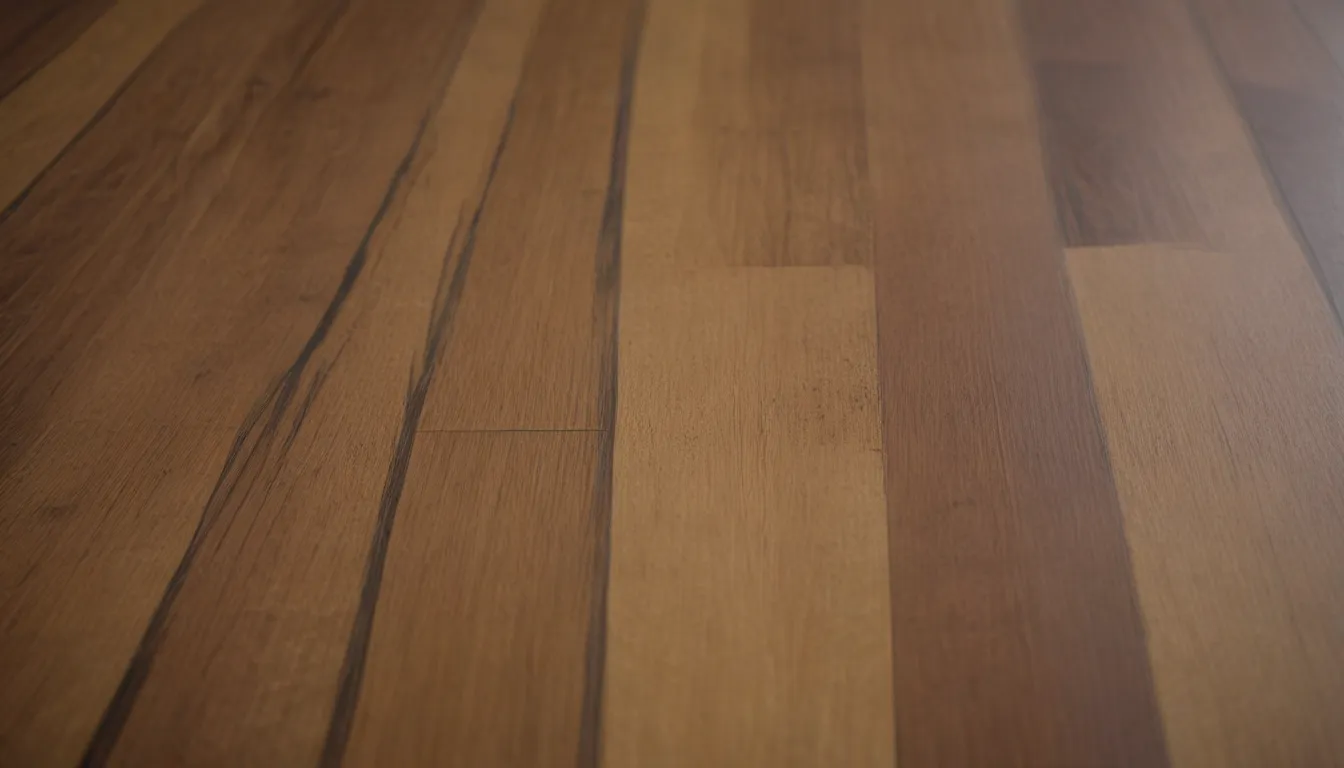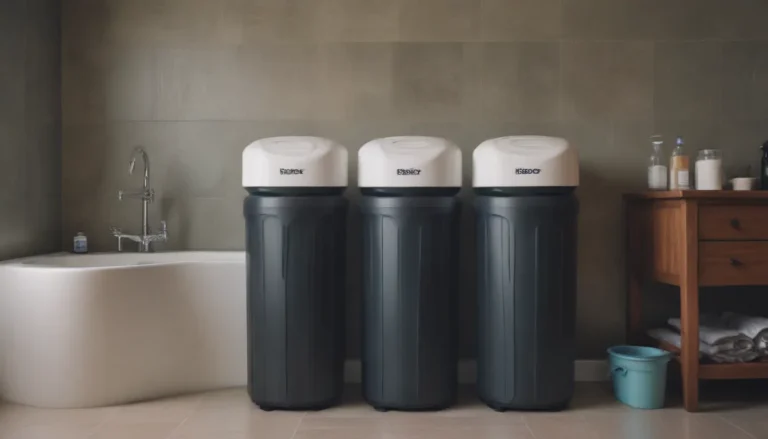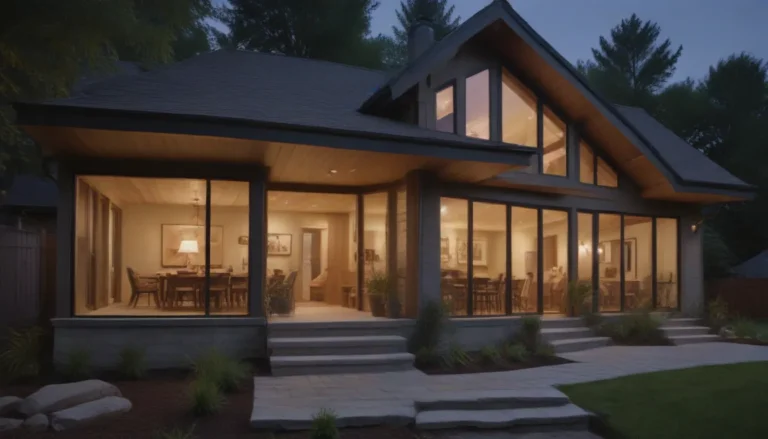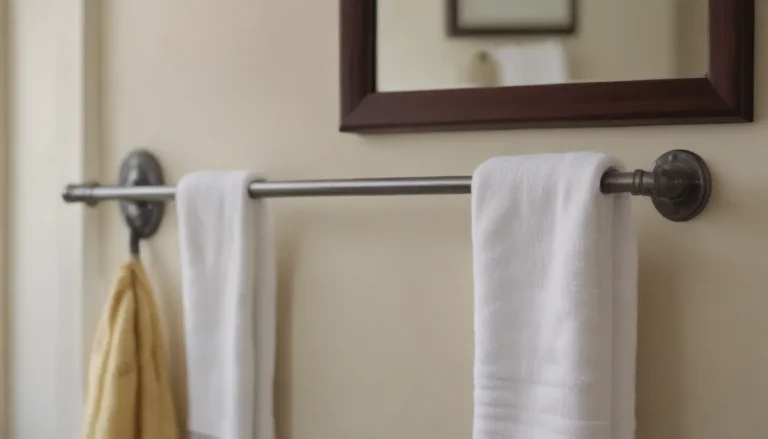Bamboo vs. Cork Flooring: A Comprehensive Comparison

When it comes to sustainable flooring options, bamboo and cork are often the top contenders. Both materials are made from renewable resources, offer durability and low maintenance, and come in a variety of styles and colors. But which one is better for your home? Let’s dive into the details to help you make an informed decision.
Bamboo Flooring: A Closer Look
Bamboo flooring is derived from the bamboo plant, which grows rapidly and can be harvested in just five years. The stalks of bamboo are transformed into planks, offering a unique and beautiful texture. There are two main grain options to choose from: horizontal or vertical, depending on your aesthetic preferences.
Pros of Bamboo Flooring:
– Durable and suitable for high-traffic areas
– Sustainable and rapidly renewable resource
– Available in a variety of styles and colors
– Hardness makes it a good choice for homes with pets
Cons of Bamboo Flooring:
– Quality can vary depending on the harvesting process
– Some manufacturers use fillers and binders that may emit toxic chemicals over time
Bamboo flooring is easy to install, typically by gluing or nailing it to a subfloor. While it has many benefits, it’s essential to be aware of the potential drawbacks before making a purchase.
Cork Flooring: An Eco-Friendly Option
Cork flooring is made from the bark of Mediterranean cork oak trees, which can be harvested without cutting down the tree. The bark regenerates within a few years, making it a sustainable choice for eco-conscious homeowners. Cork flooring is manufactured by grinding the cork into small particles, mixing it with a binding agent, and pressing it into planks or tiles.
Pros of Cork Flooring:
– Soft, cushioned, and comfortable to walk on
– Naturally resistant to mold, mildew, and insects
– Versatile and comes in a variety of textures and patterns
Cons of Cork Flooring:
– May be viewed as looking dated by some
– Prone to scratching and denting
Cork flooring is known for its durability and insulation properties, making it a popular choice for many homeowners. While it may not be as popular as bamboo, it has unique benefits that are worth considering.
Making Your Decision
Ultimately, the choice between bamboo and cork flooring comes down to personal preference and lifestyle. If you’re looking for a material that resembles traditional hardwood, bamboo might be the right choice for you. On the other hand, if comfort and insulation are your priorities, cork flooring may be the better option.
Neither bamboo nor cork is inherently better than the other; they simply offer different benefits. Bamboo is more durable and resembles hardwood, while cork is softer and provides more comfort for walking. Consider your needs and preferences when making your decision.
In terms of pricing, bamboo and cork flooring are similar in cost, making them accessible options for many homeowners. Both materials have their own set of advantages and disadvantages, so weigh them carefully before making a final decision.
In conclusion, both bamboo and cork flooring are excellent choices for sustainable and attractive flooring options. Whether you choose bamboo for its durability or cork for its comfort, you can’t go wrong with either option. Make sure to consider all factors before making your decision to ensure you’re happy with your choice for years to come.
Remember, when it comes to sustainable flooring options, bamboo and cork are both excellent choices that offer durability, sustainability, and style. Whether you opt for bamboo for its strength or cork for its comfort, you can’t go wrong with either option. Be sure to explore all the options available and make an informed decision based on your needs and preferences.





